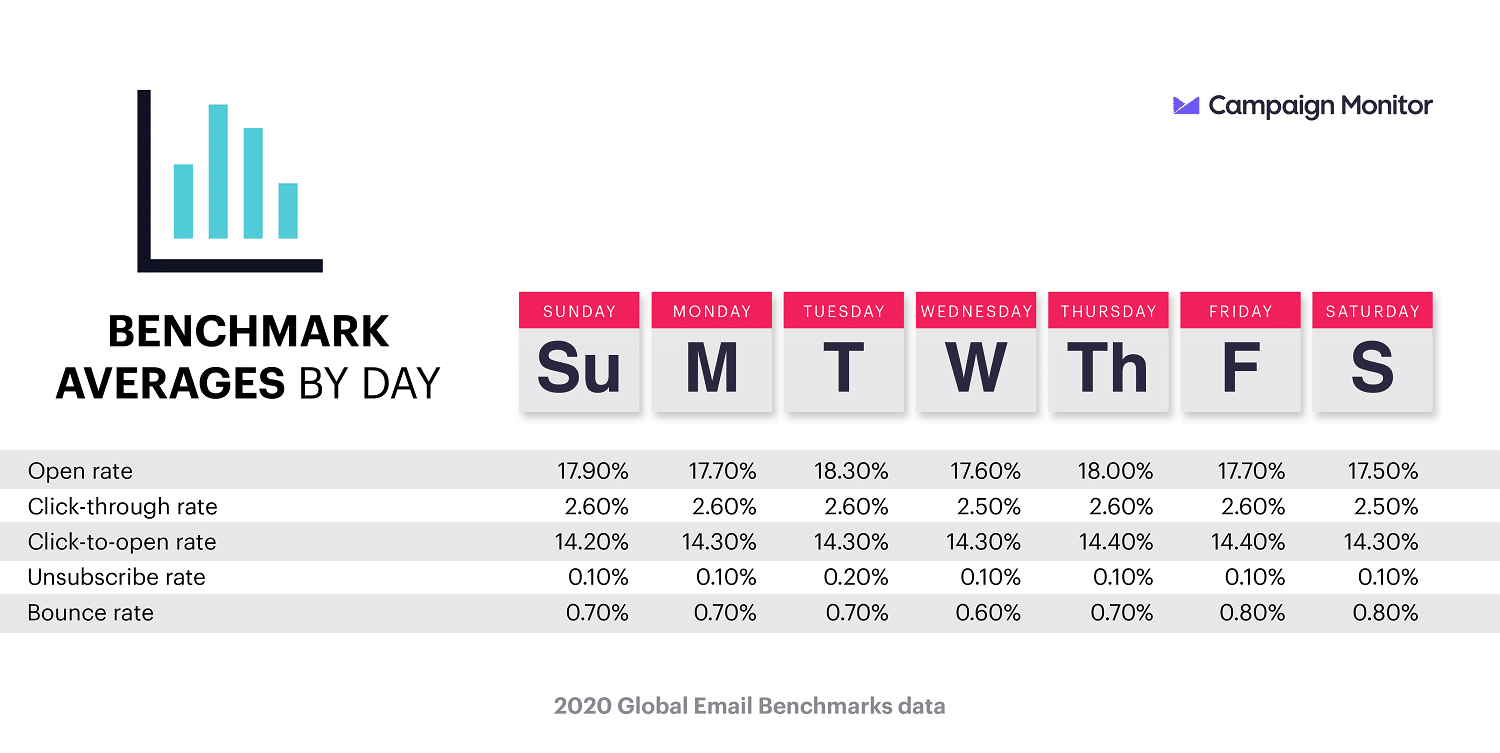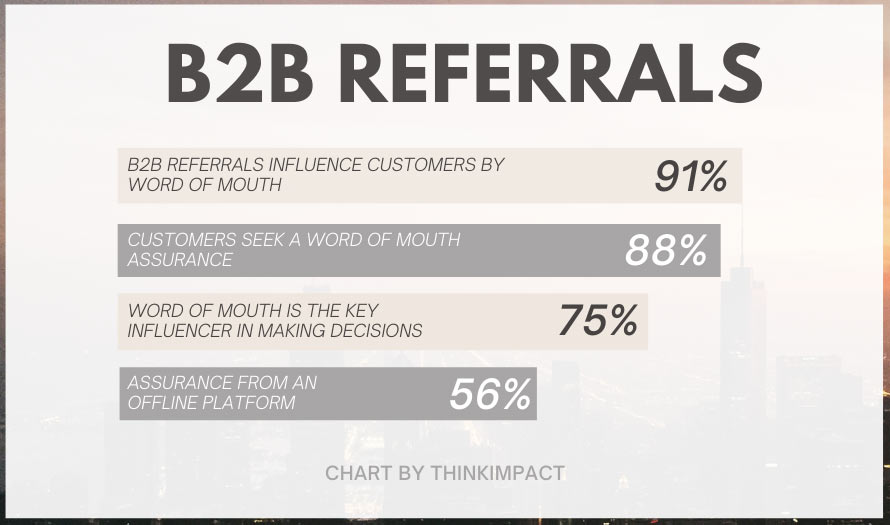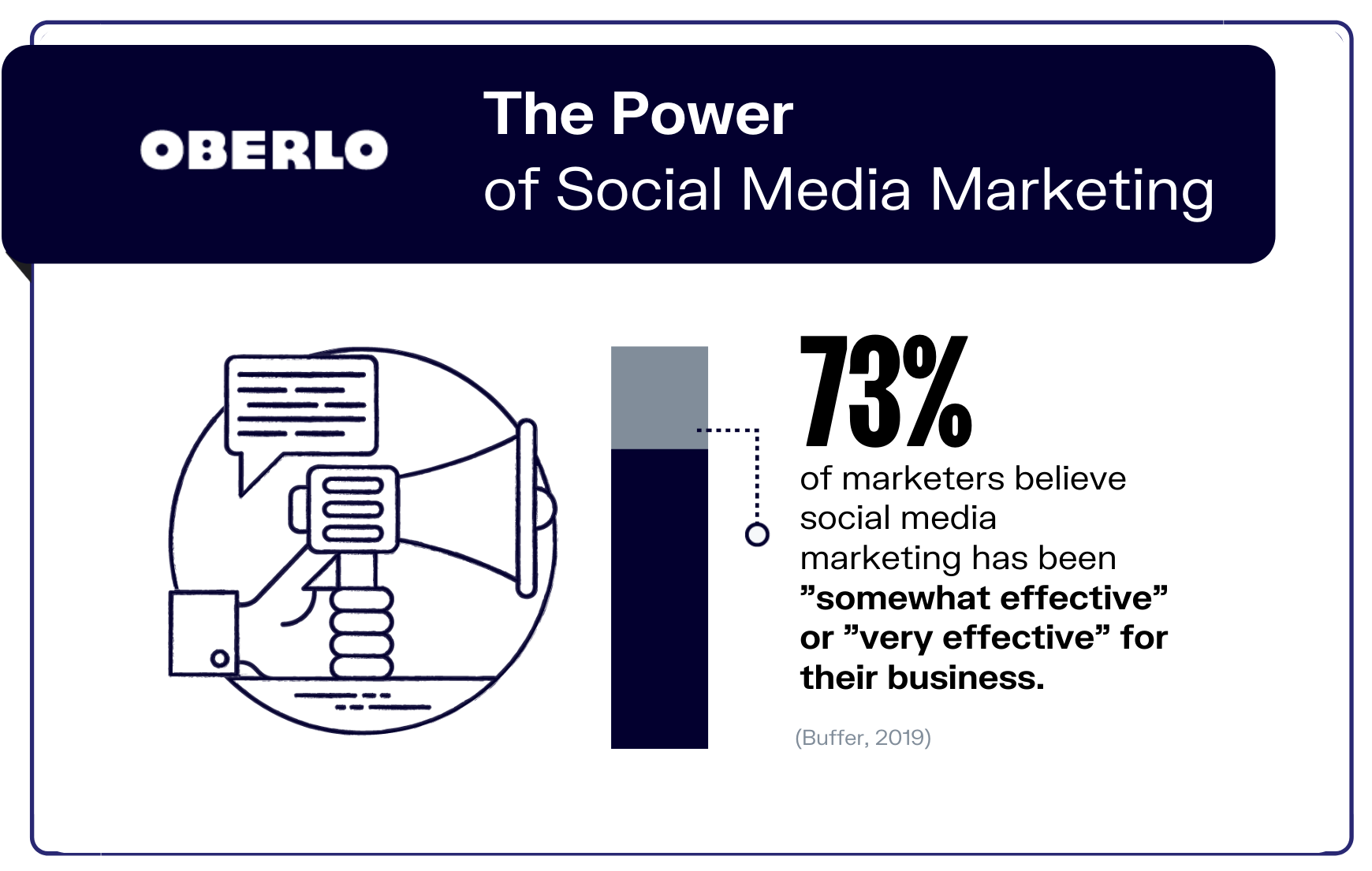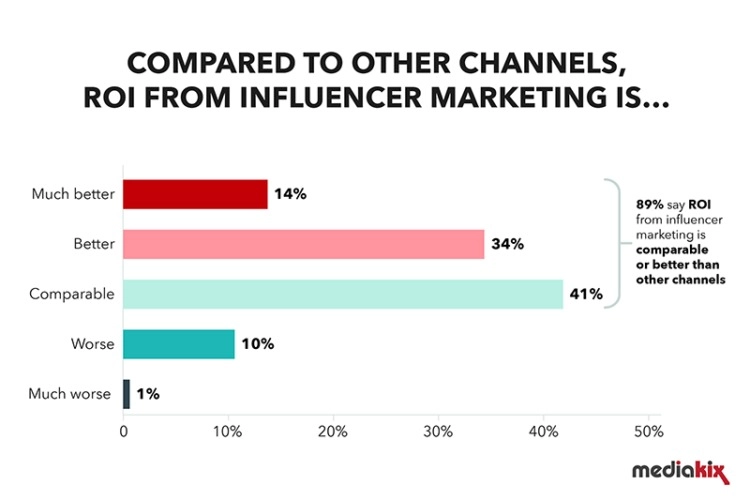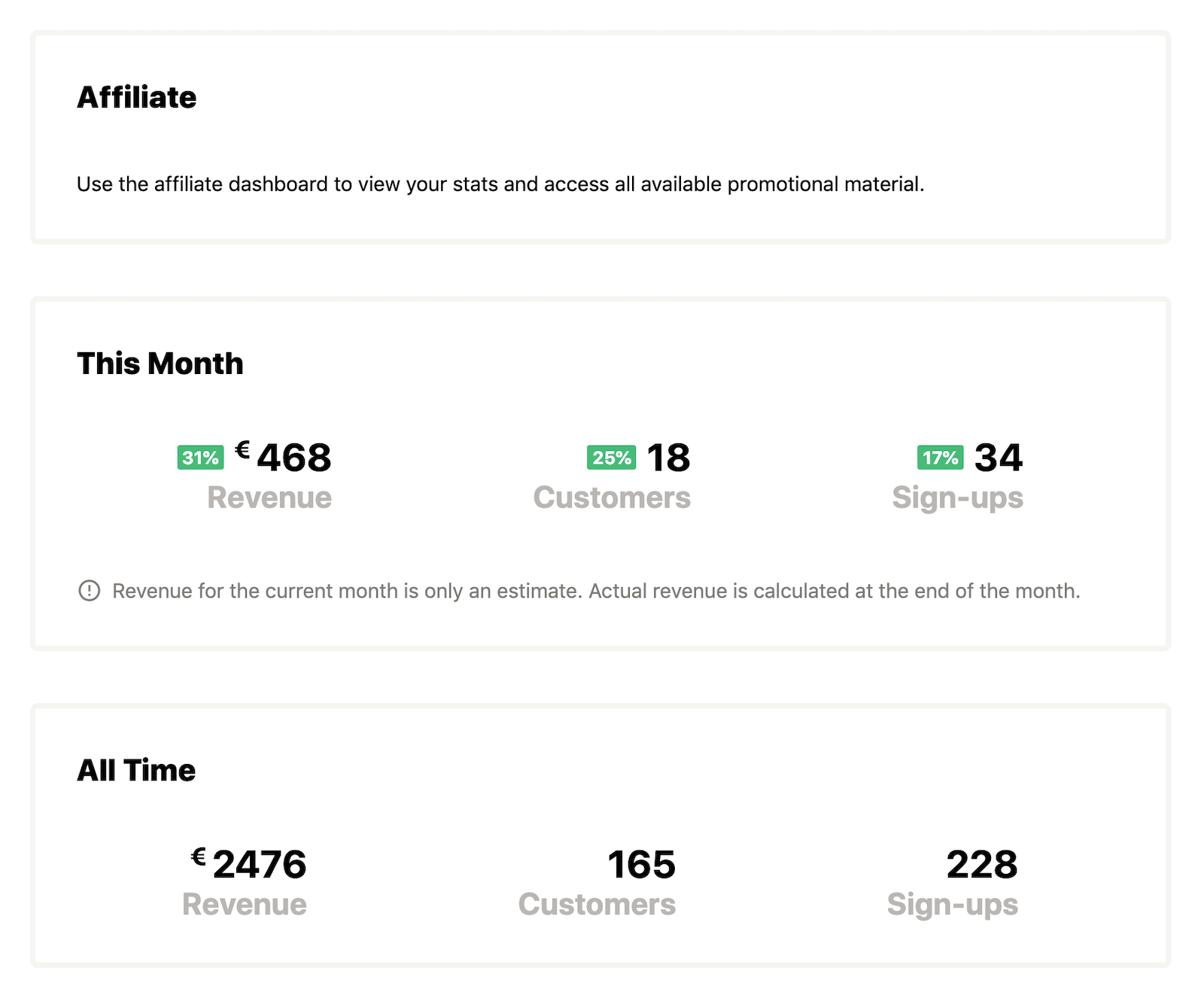If you’ve ever started a business from scratch, you know the multiple challenges startups face. No matter the sector you plan on working in, startups face a difficult first few years in most cases.
Your business starts with zero user base, no history of content marketing or other tactics, and your traditional marketing strategy is untried and untested. That creates real challenges especially for tech companies who may also have to be carrying out ad-hoc software testing all the while.
Your business model will most likely reflect your lack of any history and those first few customers are all new customers who may become your benchmark in many ways. There are also a lot of new businesses growing up every year. In March of 2020 alone, there were 804,398 businesses in the US that were less than one year old, the highest figure in the last 27 years.
One of your primary aims (beyond survival) is of course, growth. Scaling your business up is crucial to long term plans, but equally, is not something you want to rush. A startup will often look to growth hacking to support any scalability plans.
What is startup growth hacking and how does it fit into your strategies and growth marketing tactics? Let’s find out.
What is growth hacking?
Put simply, growth hacking techniques refers to any tactics you employ that focus solely on securing the best growth of your business. It is a strategy many startups, which need swift scalability in order to succeed and survive, will employ.
Growth hacking is an umbrella term for strategies focused solely on growth. It’s usually used in relation to early-stage startups who need effective growth in a short time on small budgets. The term was first used by Sean Ellis in 2010 and he is the founder of the company, GrowthHackers.
You could define the philosophy of growth hacking with the old saying, “more bang for your buck”, as the idea is to build a customer base as quickly as possible for the least possible investment. It employs low-cost strategies to acquire new customers (and ideally retain them too) in the shortest possible timeframe.
It should be noted that a growth hacker can be any team member involved in your organization; they don’t need to be a marketer. Two primary qualities of a good growth hacker is an analytical mind and a strong creative streak. These are qualities that are important as they’ll often be formulating and implementing innovative strategies to achieve goals.
First, you need to define your goals
So, you want your startup to grow, but what defines that growth? Is it the number of customers you attract? The value of sales and/or signups? Or do you look at more specific metrics such as AOV (average order value) or CR (conversion rate). Defining your growth hacking goals is the first step in making decisions.
You should always try to adhere to the best practices established in your industry, as they act as a benchmark for much of what you do. That can cover anything from virtual training best practices to ethical marketing.
SMART goals













